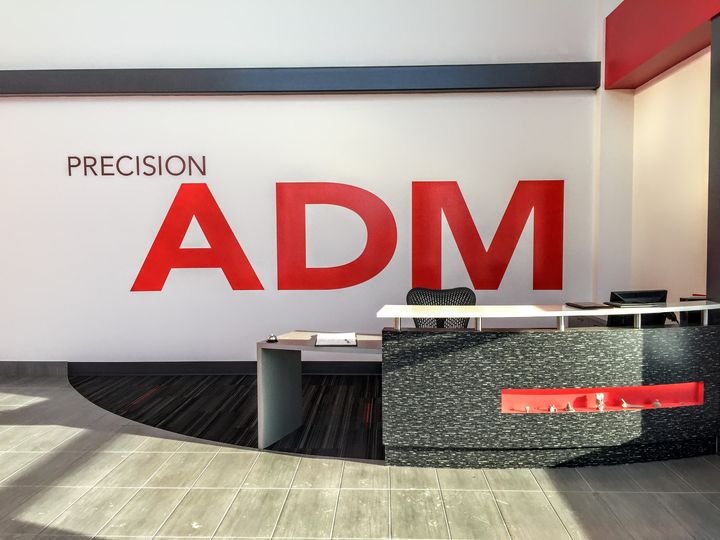
Along with loss and grief, the pandemic has caused a great deal of change. One of those changes has been in 3D printing.
3D Print Transformations
In recent weeks we’ve written about a phenomenon playing out across the 3D printing universe in which companies have suddenly discovered entirely new lines of business as a result of the pandemic. It seems that the ability of 3D printing to very rapidly set up new production lines has been “discovered” by buyers looking frantically for products.
This has played out in several notable situations, such as Photocentric in the UK, and Formlabs in the USA. Both manufacture 3D printers and with the sudden slowdown of business as the pandemic struck, they repurposed their considerable inventories of equipment to become a new kind of manufacturer. This transformation of 3D printer companies is happening elsewhere.
Precision ADM Certifications
Another company that’s undergone a similar transformation is Canada-based Precision ADM, a well-known 3D print service focusing on metal additive manufacturing. The company has been growing in recent years, adding several new EOS machines to keep up with demand. One of their key strategies has been to acquire certifications for several industries, thus allowing them to be one of the few legal providers in the market.
Much of their business has been to produce complex aerospace parts or medical implant devices, both of which require certain certifications.
During the pandemic they, like other 3D print companies, encountered a moment of change. However, Precision ADM went about things a bit differently. While Photocentric and Formlabs had piles of 3D printers ready and available to do things, Precision ADM is not a 3D printer manufacturer. They’re a service provider.
But they did have certifications: Certifications that allowed them to produce approved medical equipment. They say:
“Precision ADM is the only additive manufacturing services company in Canada that possesses ISO 13485:2016 medical device manufacturing certification and has a facility that is FDA registered. The Company possesses a Health Canada MDEL license for manufacturing and distribution of Class I medical devices.”
While their certifications were originally intended to allow them to produce items like hip implants, the medical certification could allow for other types of component production.
CANSWAB Project
And that’s precisely what they did: they rapidly obtained additional operating space and filled it with a large number of 3D printers. They were set to work producing COVID-19 test swabs, using a design they call “CANSWAB”. Intended for the Canadian market, they are now 3D printing and shipping “hundreds of thousands” of approved nasopharyngeal swabs each week.
The company says they intend to scale up to as high as near a million units per week:
“The Company is scaling up production with the goal of producing two to four million swabs per month to meet the needs of Canadians and other countries.”
Armed with their production capability and certifications, they were able to secure “multiple” production contracts with both provincial and federal governments in Canada.
This is quite interesting because the company had previously only provided metal 3D printing, whereas the CANSWAB project output is made from plastics. That’s quite a switch, but well within the capability of a competent service.
This is a classic case of leveraging what you have into a new environment. When you look at this transformation in hindsight, it seems obvious. But it likely wasn’t obvious when the pandemic started, and that’s why entrepreneurial mindsets are useful.
While the needs for pandemic-related items will likely fade in the future as vaccines are released, it seems that Precision ADM has joined the 3D printing club of companies that have invented new lines of business.
Does your 3D print company have certifications? Are they being fully leveraged?
Via PRWeb and Precision ADM
